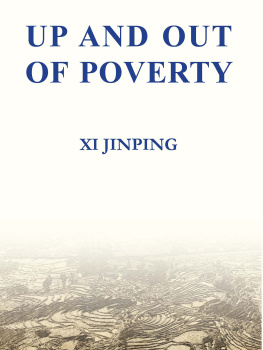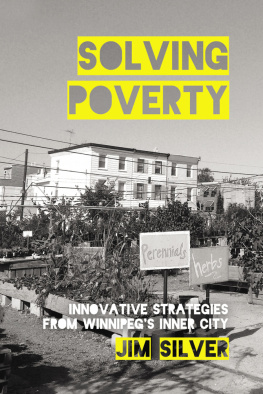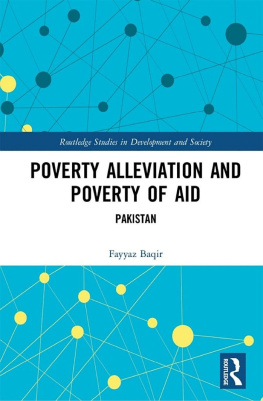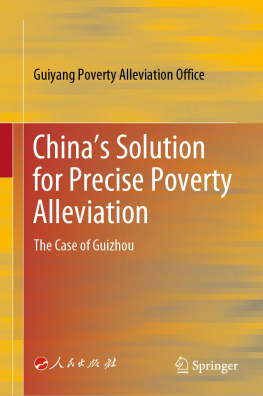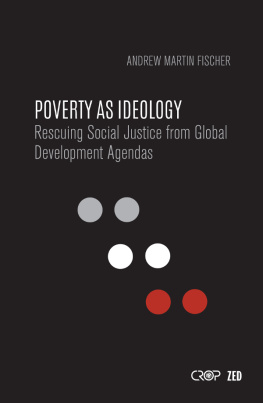First Edition 2016
All rights reserved. No part of this publication may be
reproduced, stored in a retrieval system, or transmitted
in any form or by any means, electronic, mechanical,
photocopying, recording, scanning, or otherwise,
except as expressly permitted by law, without the prior
written permission of the Publisher.
ISBN 978-7-119-10555-0
Foreign Languages Press Co. Ltd
The Secretariat of the Chinese Follow-up Committee
of the Forum on China-Africa Cooperation
Fujian People's Publishing House Co., Ltd, 2016
Published by Foreign Languages Press Co. Ltd,
Fujian People's Publishing House Co., Ltd
24 Baiwanzhuang Road, Beijing 100037, China
http://www.flp.com.cn
Email: flp@CIPG.org.cn
Distributed by China International Book Trading Corporation
35 Chegongzhuang Xilu, Beijing 100044, China
P.O. Box 399, Beijing, China
Printed in the People's Republic of China
CIP
2016
ISBN 978-7-119-10555-0
D2-0D675.7-53
CIP2016263603
100037
http://www.flp.com.cn
201611161
20161111
ISBN 978-7-119-10555-0
07000
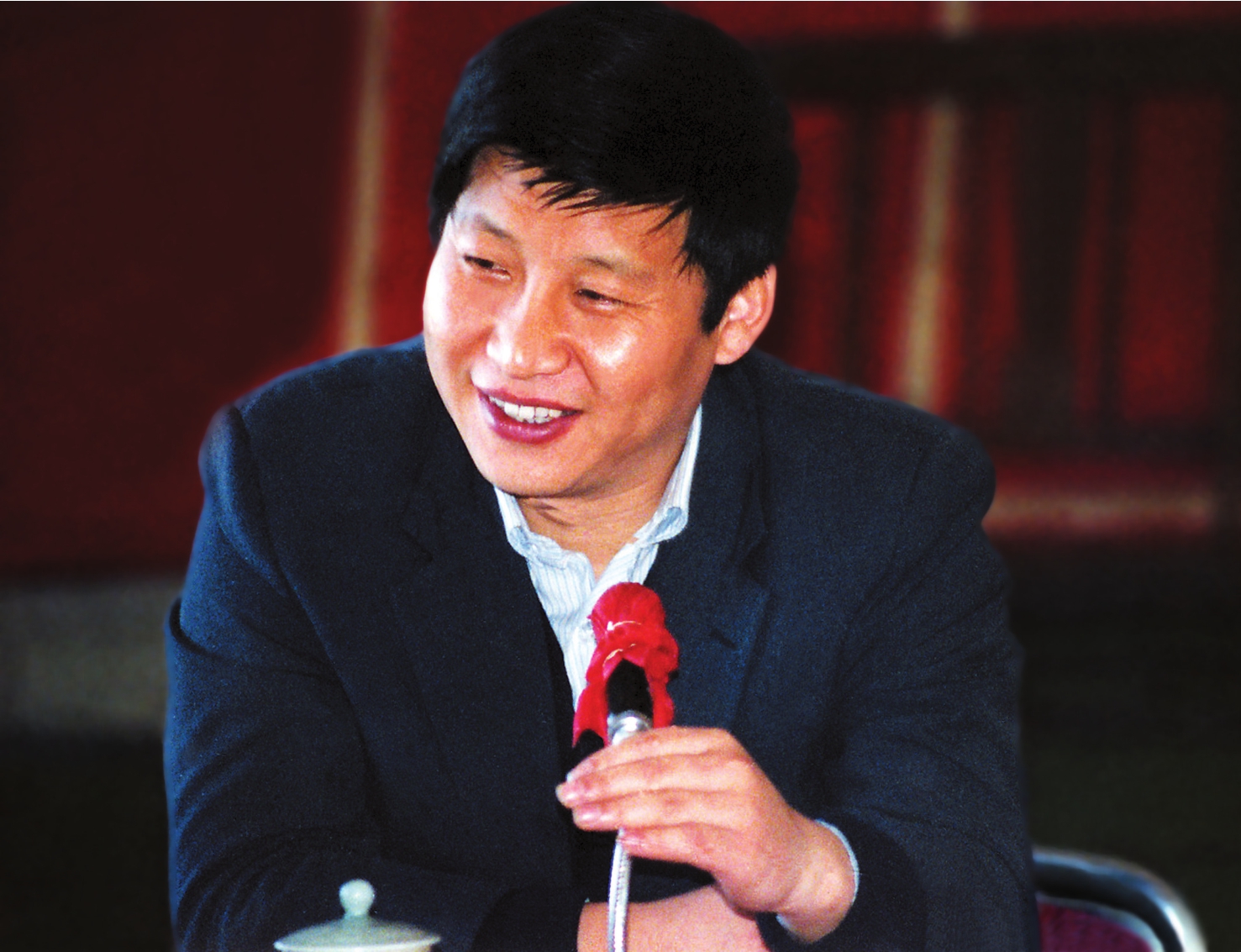
Attending a meeting for the Party committee and government of Shouning County on April 30, 1990.
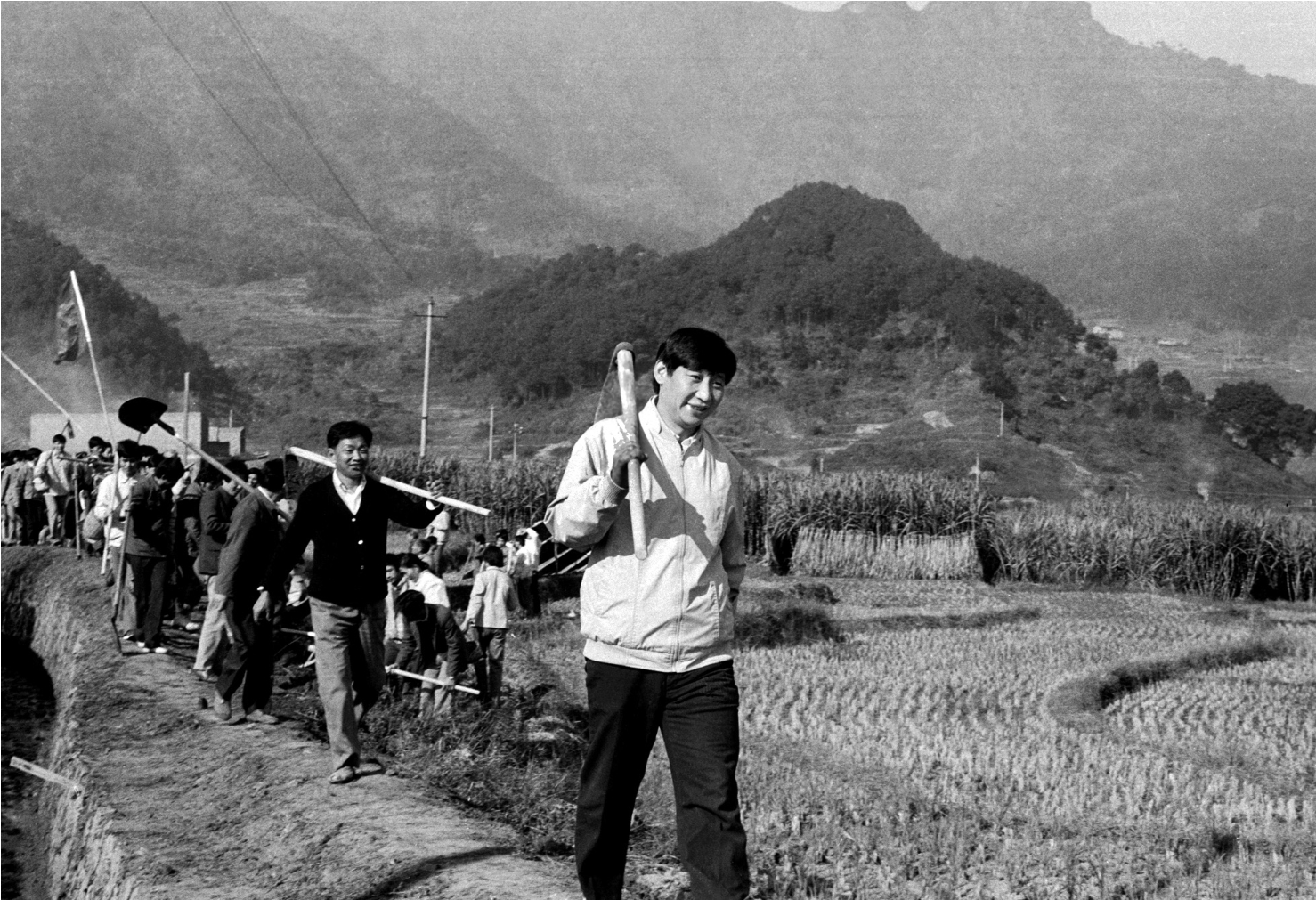
Leading local officials of Ningde Prefecture to participate in a volunteer project on December 2,1989.
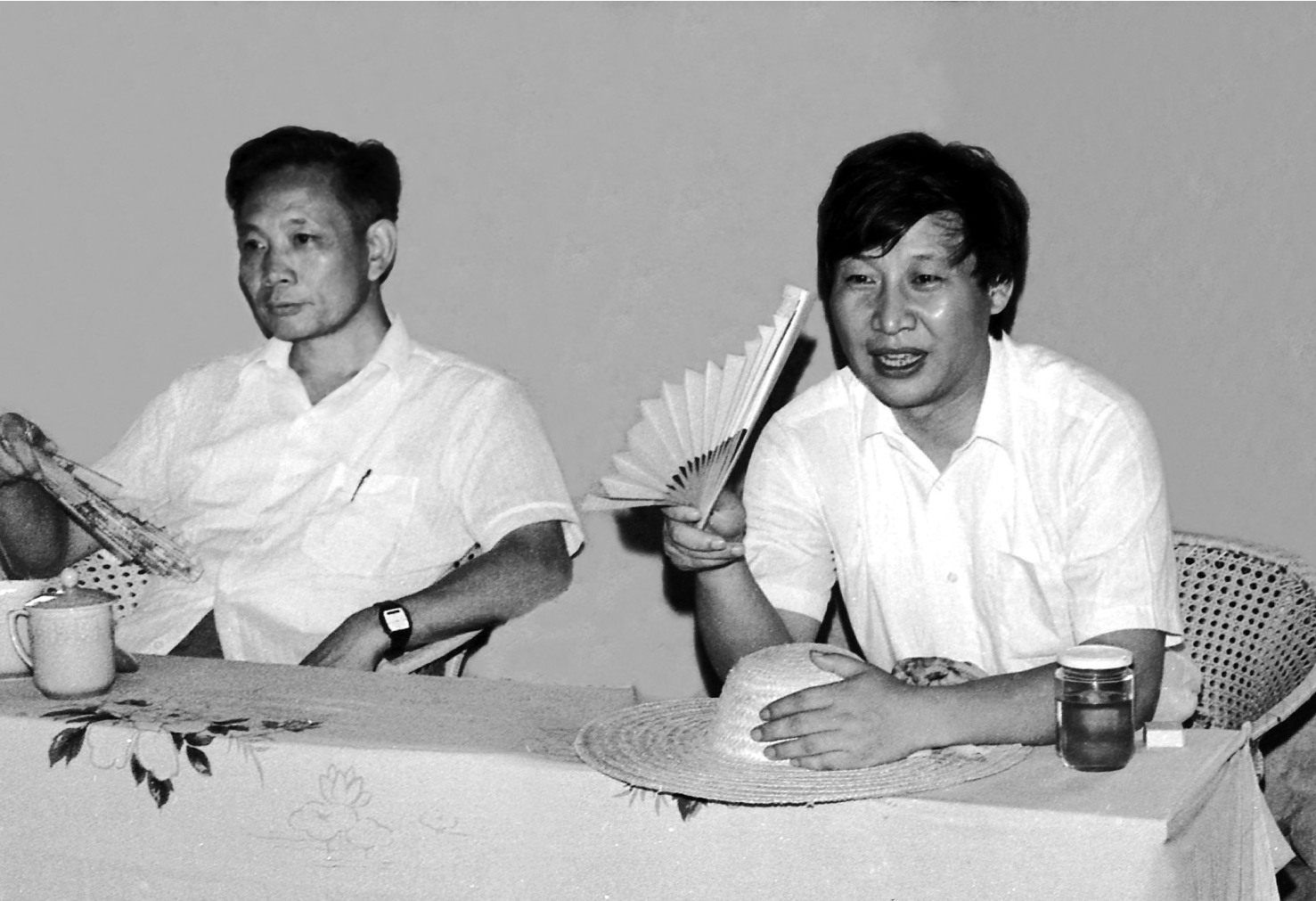
Handling official business on a fact-finding mission in Xiadang Township, Shouning County, on July 19, 1989.
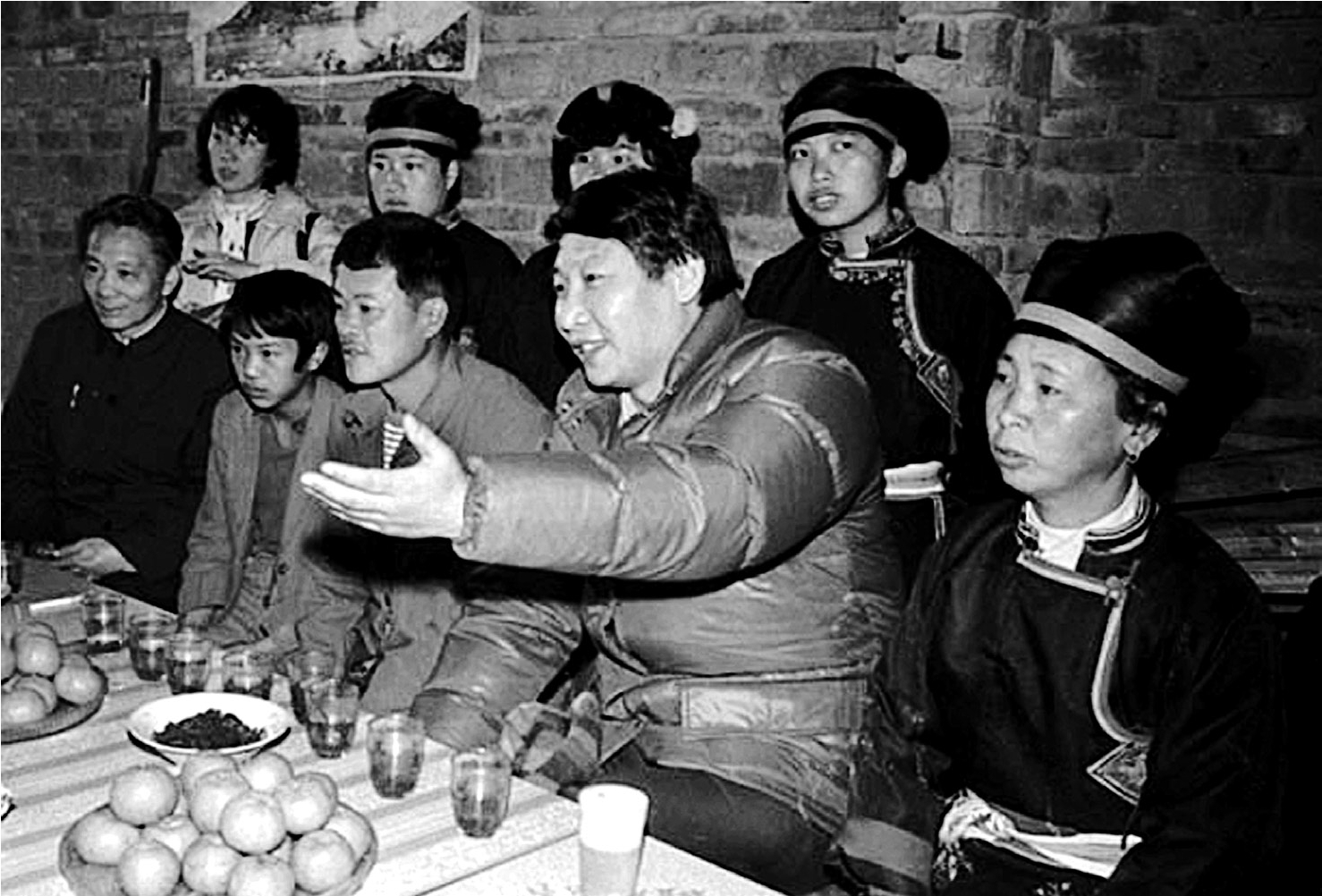
Talking to villagers of ethnic minority in Jiuxian Village, Jiudu Township, Ningde Prefecture, on January 18, 1989.
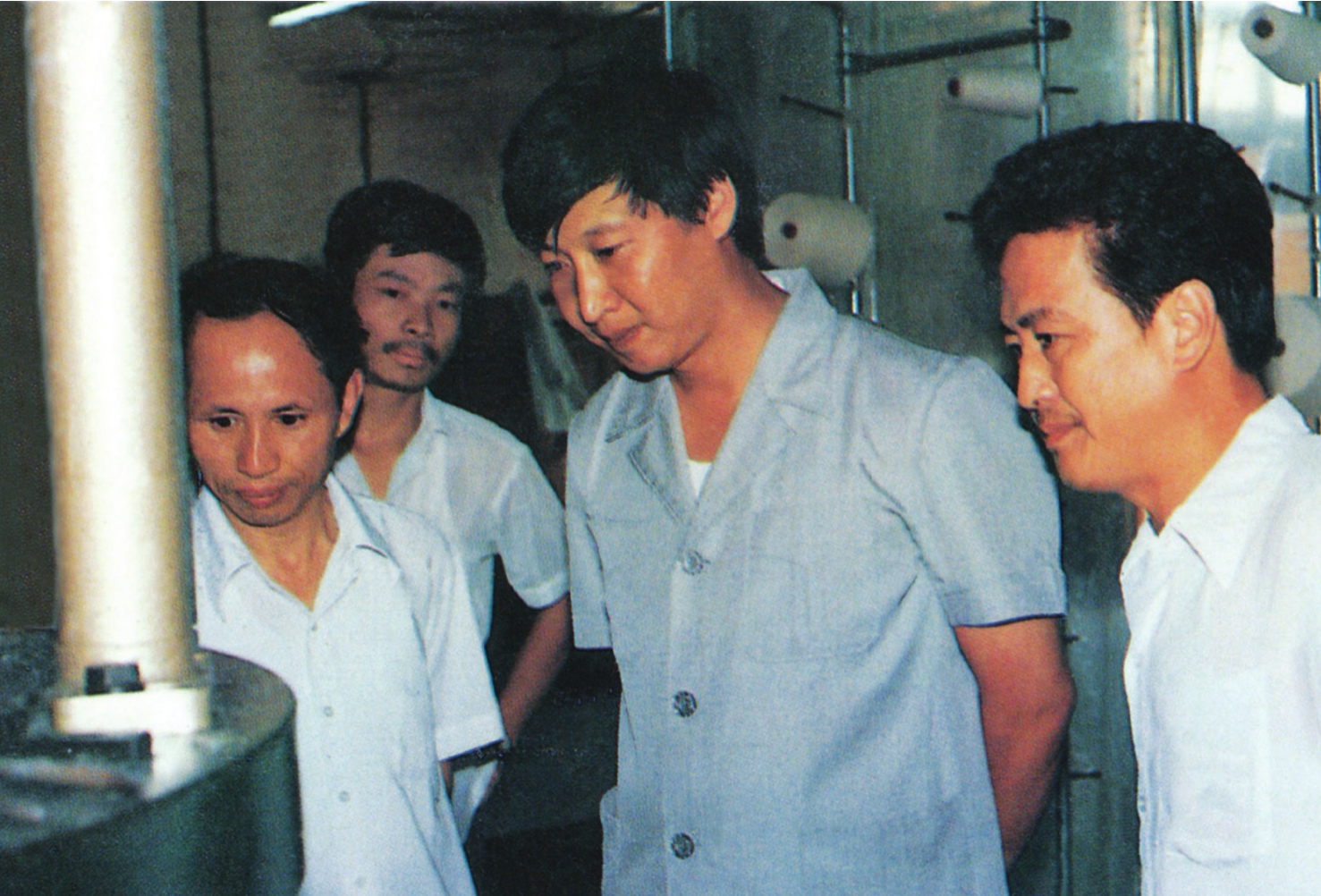
Conducting an investigation about the industrial development in Xiapu County on August 10, 1988.
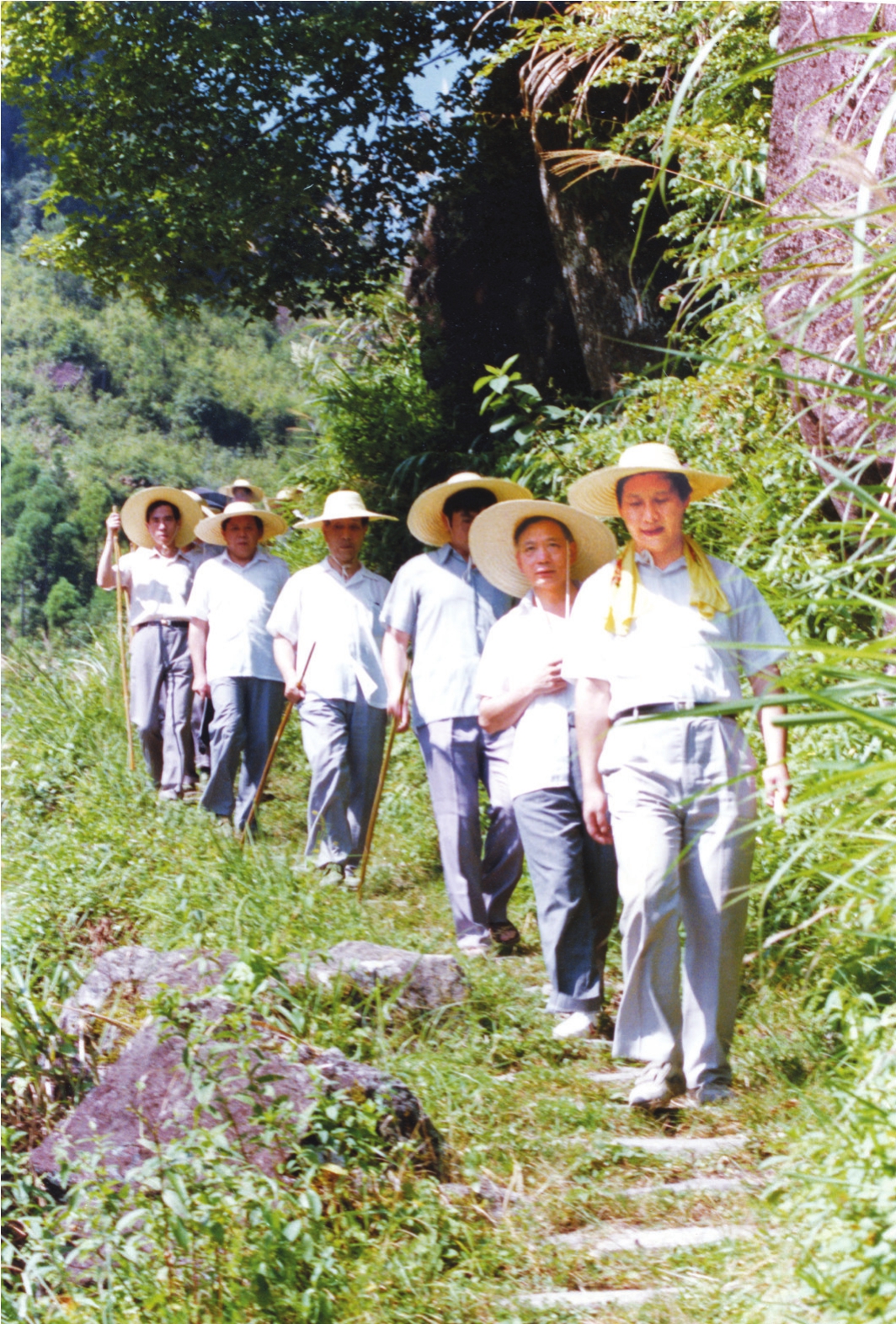
With prefecture and county leaders in a mountain village of Shouning County in July 1989.
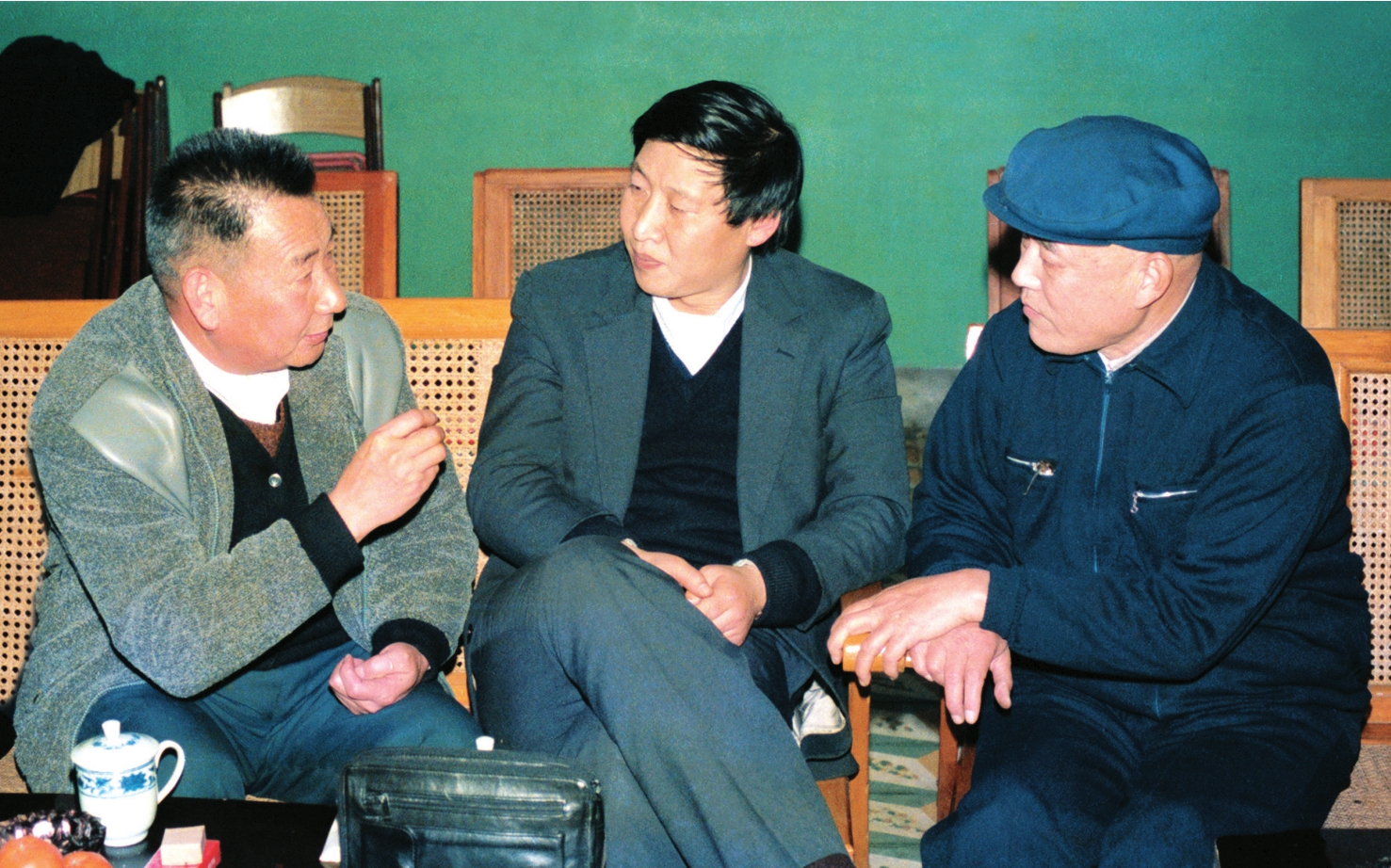
Visiting retired officials and listening to their suggestions in January 1989.
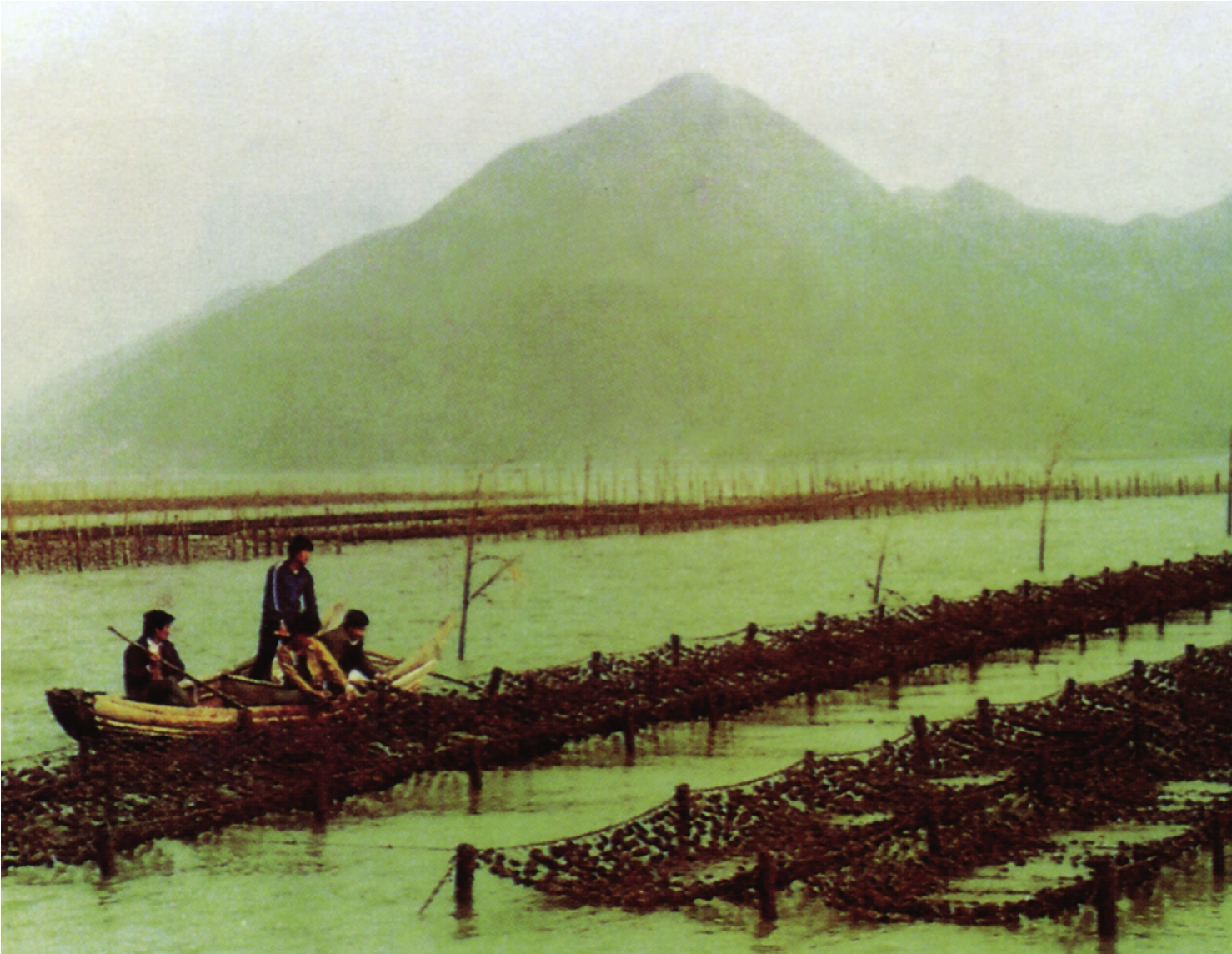
Successful oyster farming using the hanging-net method in Gongyu Village, Zhangwan Town, Ningde Prefecture.

Rich forest resources in Ningde.
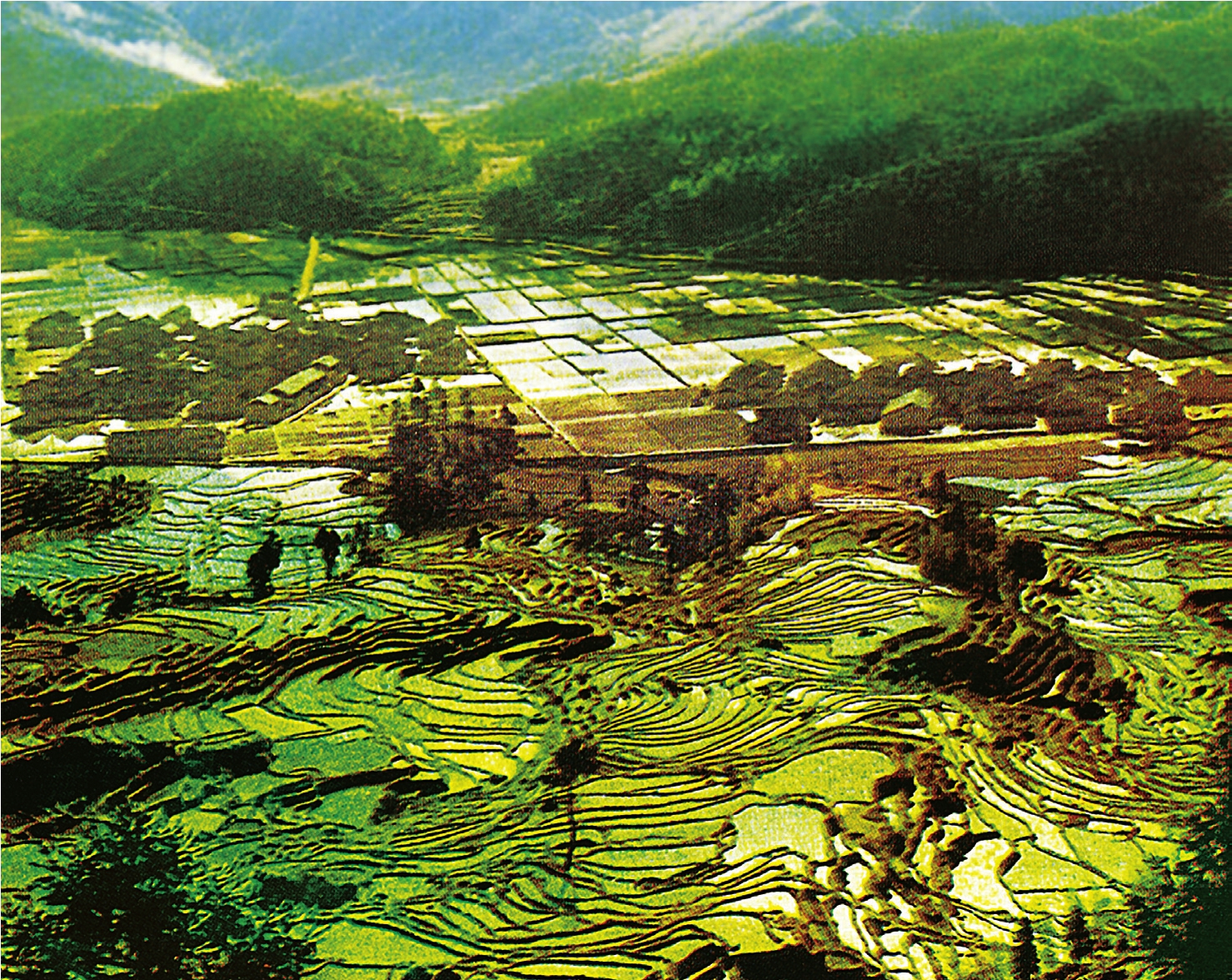
Paddy fields in Ningde.
Foreword
Xiang Nan
The nine counties and cities of Ningde Prefecture constitute one of Fujian's more impoverished regions. Even though I visited all of those counties when I worked in Fujian, I always regretted not being able to help Ningde Prefecture more than I was able to at the time.
I was greatly inspired while recently reading some of the speeches and articles written by my colleague Xi Jinping while he was working in Ningde Prefecture. I have also been fortunate enough to revisit several counties in that region lately where I was very excited to see that the people there no longer have to worry about daily necessities, the economy is thriving, and the leadership of the prefectural committee of the Communist Party of China is in high spirits. All of this to a certain extent makes up for what I was unable to accomplish.
During their nearly two years working in Ningde, Xi Jinping and the departments under his leadership took the lead in implementing their four grassroots initiatives. Their detailed inspections and informed considerations of Ningde's own characteristics and history allowed them to make proposals firmly rooted in the local situation. They thoroughly did away with the current bad leadership habits of grandiose, empty, and formulaic speech. Even though after he moved on to new posts from Ningde, there is no doubt that the good conduct Xi Jinping practiced has been an inspiration to his successors, as what exists today comes from the past.
The strongest feature of Xi Jinping's writing from this period is that it never strays from the focus of economic development. This focus has become even clearer after Deng Xiaoping's speeches given during his recent south China inspection tour. This was not always the case, however, and for quite a long time some people had different opinions. Prefectures, counties, cities, departments, and enterprises certainly faced daunting workloads, and some people often consciously or unconsciously focused their attention on tasks other than economic development in order to showcase their other achievements. Some of these tasks were undoubtedly quite important, but nevertheless we still had to take economic development, and not any other issue, as our ultimate goal. Too many unrelated objectives will necessarily weaken the central focus of economic development. Xi Jinping once saw that a town government office he was visiting had a wall covered in red banners with congratulations for all sorts of accomplishments except for economic development. Xi thought that while it was certainly great to be awarded such honor banners, the leadership could not elevate relatively minor tasks without focusing on the main objective. He called for everyone to join forces to make full use of the geographical advantages Ningde was blessed with and form an economic chorus, not another central task. Under his plan, Ningde firmly adhered to the principle of one central task, two basic points at all times.
With Ningde's relative poverty in mind, Xi Jinping repeatedly called for bold reforms and opening up. Even though Ningde is somewhat economically disadvantaged, it lies in a coastal region right next to Taiwan and the Pacific Ocean, and it has one of China's few deep-water ports. Given these features, the fastest way to resolve the persistent problems of lack of funding and talent is to speed up reforms, open up even further, increase domestic cooperation, and absorb foreign investment. We must not shy away from using outside funds and technology to develop our own resources, including Ningde's unique marine, stone, and lumber resources. This requires greater awareness of reform and opening up among officials and better business sense. No difficulty is too great as long as we are bold enough, try new things, and act first. With bolder reforms and open-ing up, the economy may pick up even faster, and there will be hope for lifting the region out of poverty and creating wealth.

